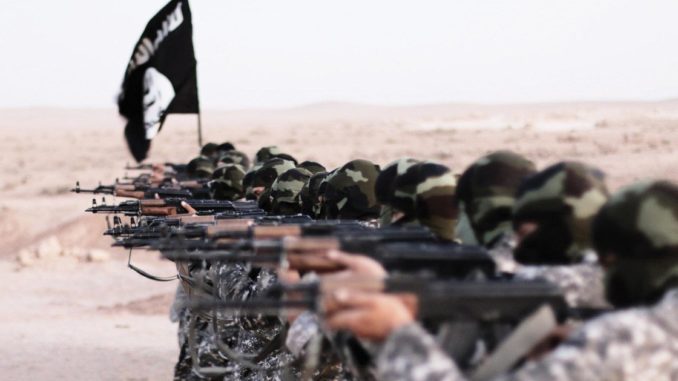
As I write this piece, Zamfara (North West) is under security spotlight as deadly armed bandits unleashed attacks on innocent citizens in Magami village, Faru District of Maradun local government area. The Zamfara incident does not come as a surprise because it is a place where years of building unrest have claimed thousands of lives and driven whole communities into destitution. Like all previous attacks in the North East which is the main theatre of operation in Nigeria, the Federal Government immediately ordered the deployment of additional military troops to the state. The effectiveness of this routine response from the FGN which has been the practice since 2009 needs to be re-examined. We need to ask ourselves relevant questions; Have we made progress with this tradition of deployment of the military? The efforts of our military in all of these (counter-terrorism) is no doubt commendable, but is it actually addressing the problem or complicating it?
We must appreciate the fact that the threats from terrorists and violent extremist groups have continually been multiplied and they are getting more complex, spreading across the northern states. Incidentally, most northern states in Nigeria are ranked among the poorest as stated in the Oxford University Poverty and Human Development Initiative 2017. Many of the citizens from these states live in remote communities without access to healthcare services and child survivability rate in these communities are significantly low. It is a region that parades over 10 million out-of-school children and bears a high devastating impact of climate change due to increasing desert encroachment. With these indicators, it is clear that the pull and push factors of terrorism and violent extremism are active in a lot of the northern states in Nigeria. At this juncture, it is obvious that we need to give attention to these pull and push factors and not to deploy military personnel.
However, deployment of military personnel to trouble spots seem to be the preferred strategy of the FGN. Unfortunately, this incessant deployment of the military to contain violence across the nation is increasingly pitching the military against its own people and undermining the principles of civil-military relations which is essential for deepening democracy. There are suspicions that the fight against Boko Haram has turned into a war profiteering venture. Contractors and public servants have been reportedly feeding fat on IDPs camps while these camps are symbols of hunger, malaria, diarrhoea and other diseases. Let us reminiscence on the real reason why in Borno State alone over 20 aspirants bought APC form for governorship at such exorbitant price. I do not understand why such a large number of people will be clinging and jostling over becoming the governor of a state that has been ravaged in violent chaos for almost a decade. If we apply the principles of utilitarianism and the assumption that war profiteering strives in Borno, then I am sure you will understand my drift.
The way forward is for our government to invest in rebuilding communities, institutionalize social justice in order to scale up community voices and build community resilience. The foregoing is called preventing and countering violent extremism (P/CVE). Deployment of the military should be limited to engaging law enforcement and intelligence agencies at the forefront of counter-terrorism efforts. P/CVE involves proactively intervening to prevent the radicalization of individuals. In other words: someone recruiting individuals into a terrorist network or plotting an attack would be the target of law enforcement and/or intelligence counter-terrorism authorities, while the persons being targeted for radicalization could be candidates for intervention.
The actors of P/CVE are mainly the religious leaders and other figures of influence in the communities and not flooding the communities with frightening looking military personnel on the streets. These individual are best positioned to spot radicalization in its earliest phases. Putting these actors at the forefront of P/CVE will help complement government efforts. Community policing has become the way to go in our bid to counter-terrorism in Nigeria. The whole idea is to investigate crimes by working with local community partners to solve problems and address the conditions that could give rise to public safety issues. It is critical that P/CVE efforts is designed to bring the local actors such as religious leaders at the forefront of counter-terrorism programmes in order to counter all the ideologically inspired violence. This means government must partner with the religious leaders, train them and use them to implement prevention, intervention, disengagement, and rehabilitation programmes.
–Mamud is an expert on security issues
END

Be the first to comment